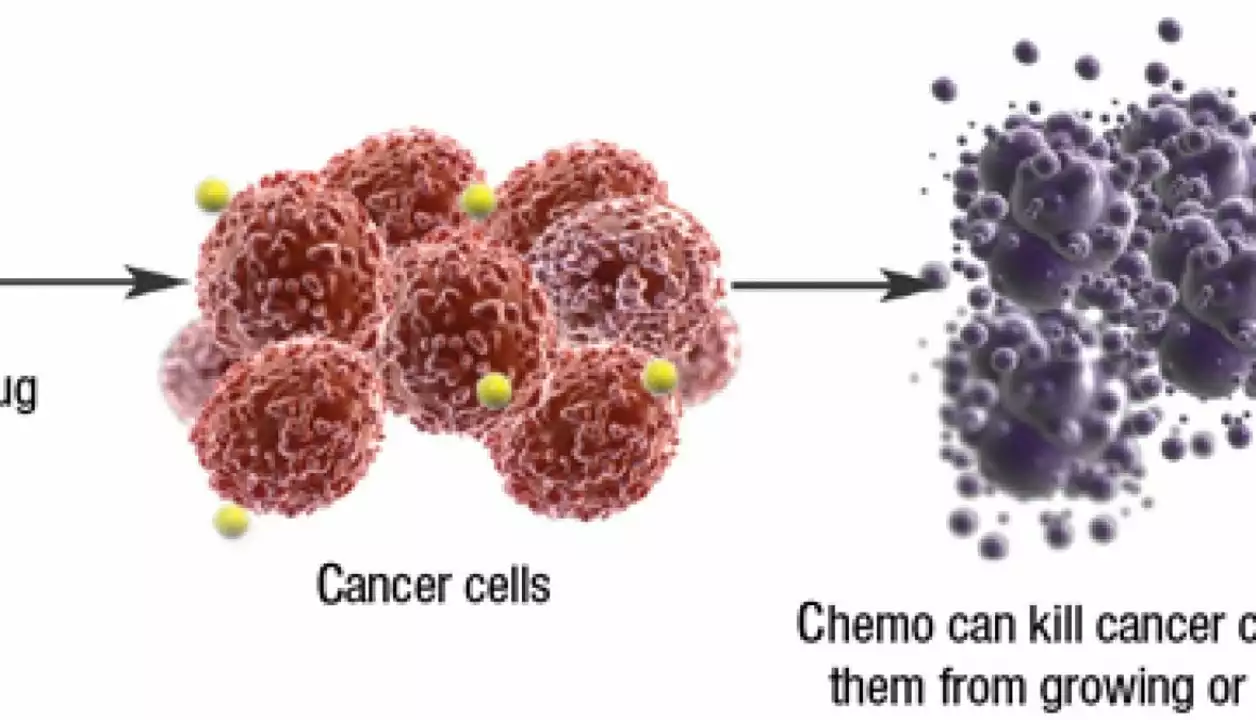Breast Cancer – Easy Guides & Latest Info
If you’ve landed here looking for clear answers about breast cancer, you’re in the right spot. This tag gathers articles that break down everything from early signs to everyday medication questions. No jargon, just straight‑forward info you can use today.
Understanding Breast Cancer Basics
First things first: what is breast cancer? It starts when cells in the breast begin growing out of control. Most tumors are found in the ducts or lobules, but they can spread if not caught early. Knowing your risk factors—family history, age, lifestyle—helps you stay ahead.
Screening saves lives. A mammogram every two years after 40 (or earlier with a strong family link) catches many cancers before symptoms appear. If an abnormality shows up, a follow‑up ultrasound or biopsy will confirm whether it’s cancer and what type.
Medication Safety & Treatment Choices
Treatment isn’t one‑size‑fits‑all. Surgery, radiation, chemotherapy, hormone therapy, and newer targeted drugs each play a role depending on the tumor’s size, grade, and receptors (ER, PR, HER2). Our articles explain how to talk with your doctor about which combo fits your life.
Side effects can feel overwhelming, but you don’t have to go through them blind. We cover common issues like nausea from chemo, hot flashes from hormone blockers, and tips for managing fatigue. Knowing what’s normal and when to call a pharmacist can keep you on track.
Many people wonder about buying medication online. Our guides show how to spot legit pharmacies, read labels correctly, and avoid scams that could put your health at risk. A quick checklist—check licensing, look for a prescription requirement, verify contact details—goes a long way.
Support matters too. Joining a breast cancer community, whether online or in‑person, gives you a place to share experiences, ask questions and get encouragement. We point you toward reliable forums and patient groups that focus on real‑world advice.
Nutrition and exercise often get overlooked, but they can boost treatment effectiveness. Simple changes—more veggies, regular walks, staying hydrated—help your body recover faster. Our articles include easy meal ideas and low‑impact workouts you can start right away.
Finally, keep a personal health record. Write down dates of scans, medication names, dosages, and any side effects you notice. Having this information handy speeds up doctor visits and ensures nothing slips through the cracks.
Use this tag as your go‑to hub for breast cancer info that’s clear, practical, and backed by real sources. Bookmark it, come back often, and feel confident making informed health decisions.

As a blogger, I am truly fascinated by the role of Fluorouracil in treating breast cancer. This chemotherapy drug has been a game-changer in fighting this prevalent disease. Fluorouracil works by interfering with the cancer cells' DNA, ultimately stopping their growth and causing cell death. It is often used in combination with other drugs to improve the effectiveness of treatment. I am continually amazed by how medical advancements like Fluorouracil contribute to improving the lives of breast cancer patients.
Read More